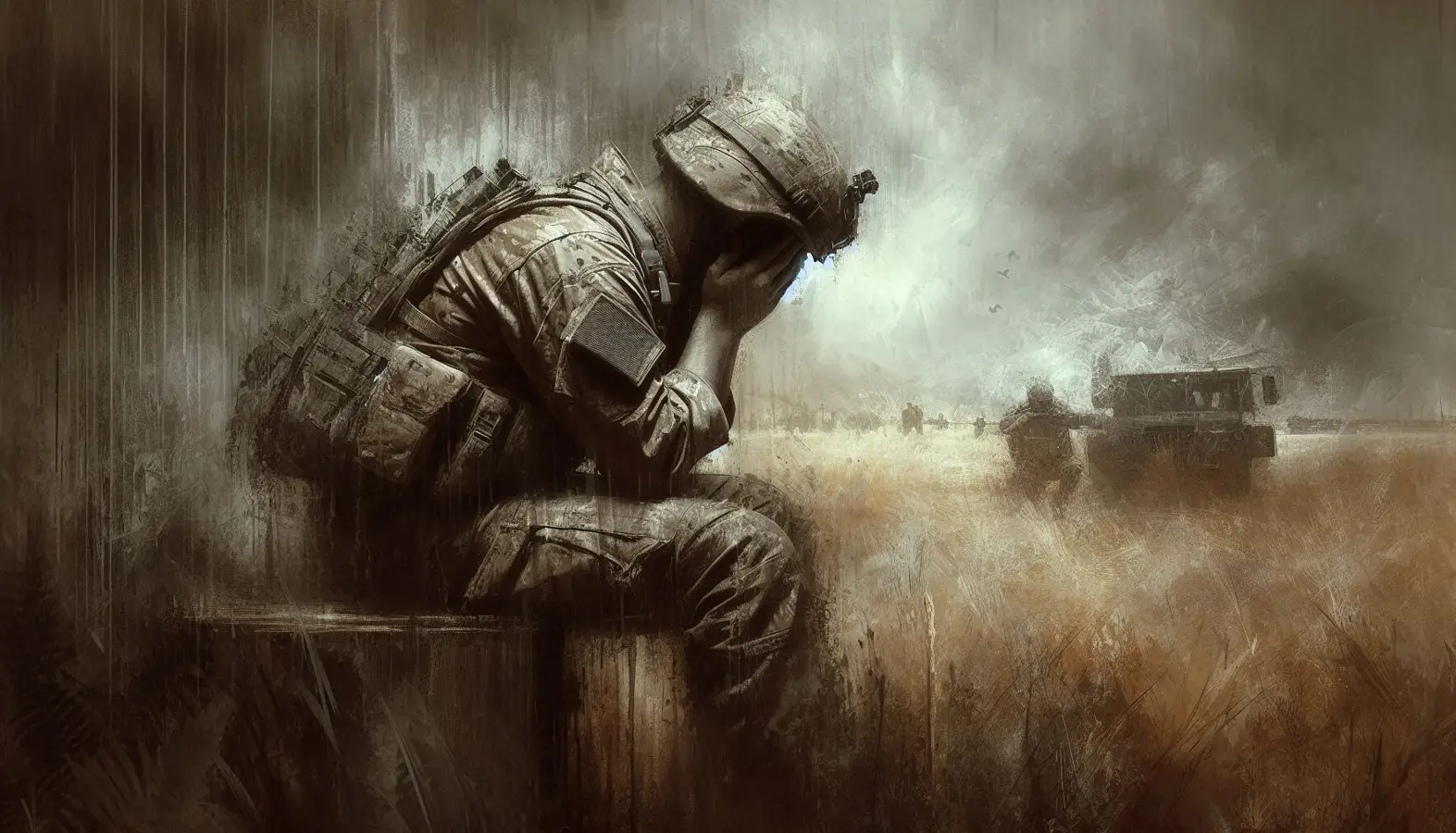Social project by DailyHubNews: “Psychological support for veterans: understanding and help after returning from the combat zone”

We, the international news publication DailyHub.News, which publishes content in four languages, are initiating an important social project called "Psychological support for veterans: understanding and help after returning from a combat zone". Through this project, we aim to raise public awareness of the importance of supporting veterans who are returning from combat. Military conflicts leave deep psychological wounds, and community support is key to the successful rehabilitation of military personnel. Creating a supportive environment for these individuals is of global importance, and our project aims to facilitate this both in Ukraine and elsewhere. DailyHub.News provides a platform for professional advice and expert opinions from psychologists to help society better understand the needs of veterans and provide them with appropriate support. We hope that this material will become a valuable resource for those seeking to help our defenders.

Today, psychologist Anna Tykhomyrova from Kyiv shared her tips. She works in the field of cognitive behavioral therapy as the main one, and additionally integrates elements from other areas: body-oriented, deep and emotional imagery therapy. She helps with depression, anxiety disorders, traumatic experiences, and interpersonal conflicts. Anna has a master's degree in psychology and 5 years of experience.
YouTube: https://www.youtube.
Telegram: @tykhomyrova
E-mail address: [email protected]
What to do if a veteran experiences a flashback
After returning from the frontline, veterans may experience post-traumatic stress disorder (PTSD), one of the symptoms of which is flashbacks. These are sudden experiences of past traumas that feel as if they are happening again in real time. This is very stressful for both the veteran and others, so it is important to know how to respond in such situations.
Why is it important to understand the nature of flashbacks?
A flashback is not just a memory. It is an intense, almost realistic experience of trauma that can include both visual and auditory, emotional or physical sensations. Veterans may feel as if they are back on the battlefield. It is important to understand that during a flashback, a person may not realize that they are in a safe place, and this can lead to disorientation, chaotic actions, or even aggression. Flashbacks can be triggered by external factors: sounds, smells, situations, or words that remind a veteran of traumatic events.
Algorithm of actions during a flashback
1. Stay calm. Any panic or loud words can only aggravate the situation. Your calm voice and behavior will help stabilize the situation.
2. Do not touch without consent. During a flashback, a person may not realize where they are and who is around them. Any unexpected touch may be perceived as a threat.
3. Speak clearly and concretely. Go beyond “It's okay” or “You're safe”. Give specific information about the environment. For example: “We are in a room, at home. Everything is calm, that was the sound of thunder”, or ”You are in Kyiv, on Sahaidachnoho Street, there is no threat nearby”. This helps bring the person back to the present moment.
4. Give space and time. If the veteran looks confused or scared, do not approach. Provide space for the veteran and make sure there are no triggers around — loud noises or bright stimuli.
5. Help them focus on the present moment. Ask to pay attention to objects in the room, textures or sounds. Offer to scan the body. This will help the veteran to “ground” and return to reality.
6. Give them the opportunity to express emotions. After a flashback, a veteran may cry or feel angry. This is a normal reaction, and it is important to give the person time to unload emotionally.
7. Seek professional help. If flashbacks recur frequently or cause serious reactions, it is important to see a psychologist or psychotherapist to help you overcome this condition.
What to do if a veteran shows aggression?
During a flashback, a veteran may behave aggressively without realizing it. If there are signs of aggression — physical movements or shouting — it is important to keep your distance and not provoke an escalation. Explain that you are there and ready to help, but try to avoid confrontation. If the situation escalates, you should contact support services. Psychological support for those around you. Experiencing flashbacks can be difficult not only for veterans, but also for those around them. If you feel that the situation is causing you stress or helplessness, it is important to seek help. The support of a psychologist or participation in support groups can be useful for both the veteran and those around him or her.
Conclusions
Helping veterans during flashbacks is the responsibility of each of us. Knowing about the nature of flashbacks and responding appropriately can reduce tension and risks. Your calm and confident attitude can help a veteran return to reality faster and feel supported. Remember that every action you take can make this difficult moment easier for the veteran and for you.











